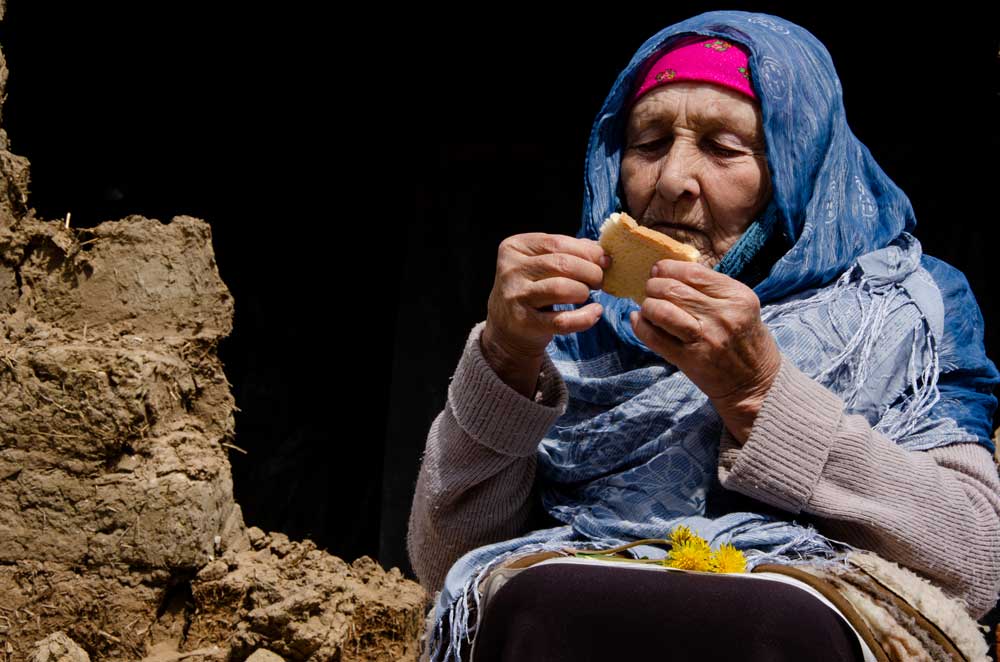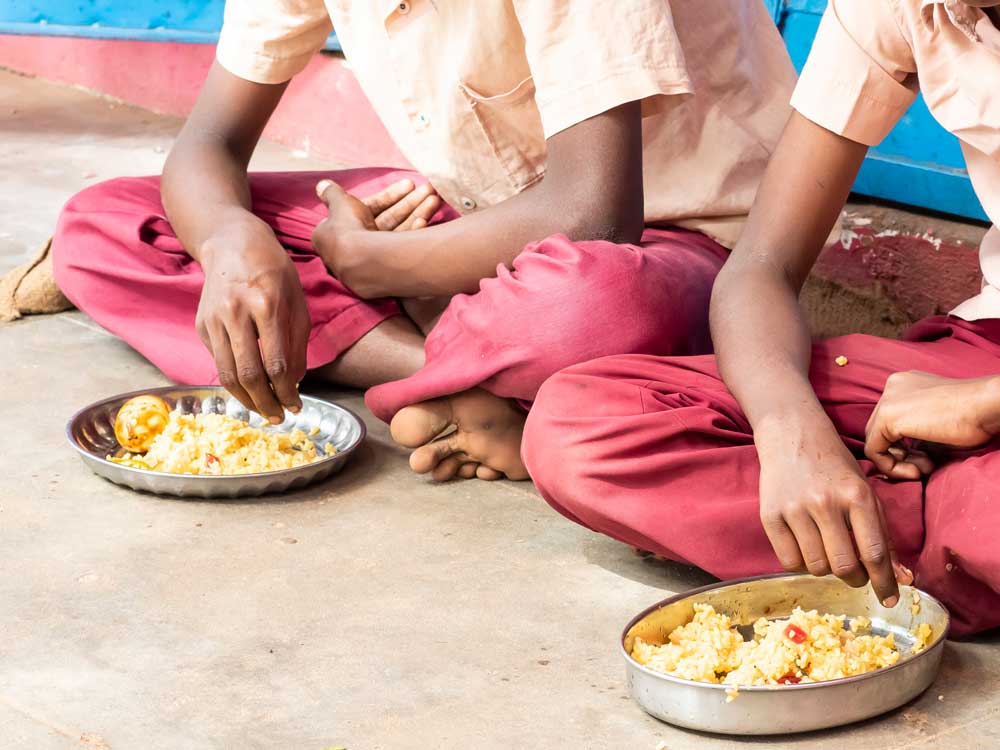As we celebrate World Food Day 2024, it's time to face a staggering reality. While millions of people go hungry, food waste is out of control across the globe. According to the latest Food Waste Index Report by the United Nations Environment Programme (UNEP) and WRAP, households worldwide threw away over 1 billion meals a day in 2022. All this waste is generated while 783 million people struggle with hunger, and a third of the world's population is food insecure.
In total, 1.05 billion tonnes of food were wasted in 2022 – that’s nearly 132 kg of food per person. Most of this waste, about 60 per cent, came from households, with 28 per cent from restaurants and food services, and 12 per cent from shops and retailers. The environmental and economic impact is massive, with food waste causing 8-10 per cent of global greenhouse gas emissions and costing the world $1 trillion each year.

India: A Country Battling Hunger And Waste
India’s situation is particularly alarming. While 233.9 million Indians face hunger, the country wastes 78.2 million tonnes of food each year. That’s about 55 kg per person. India ranks 111th out of 125 countries in the Global Hunger Index, reflecting a serious hunger problem.
Interestingly, rural India tends to waste lesser food, as leftovers are often fed to pets, livestock, or used in composting. However, in urban areas, the levels of food waste are much higher. Studies conducted in states like Karnataka, Kerala, and Uttarakhand show that food wastage is more severe in cities, where the growing use of processed food and the lack of proper cold storage add to the problem.

Food Waste Isn’t Just A ’Rich Country‘ Issue
It’s easy to assume that food waste is mainly a problem in wealthier countries, but the truth is that it's a global issue. The report found that high, upper-middle, and lower-middle-income countries all waste about the same amount of food, with a difference of only 7 kg per person between them. Warmer countries like Pakistan, where the average person wastes 130 kg of food per year, tend to have higher waste levels due to a lack of cold storage for fresh foods. In contrast, Bhutan has the lowest per capita food waste in South Asia, at 19 kg per year.

Why It Matters
The impact of all this food waste is far-reaching. Not only does it deepen the hunger crisis, it also harms the environment. The land used to grow food that is never eaten, takes up nearly a third of the world’s agricultural land. Plus, rotting food in landfills produces harmful greenhouse gases, contributing significantly to climate change.
At the same time, food waste also hits economies hard, with a global loss of $1 trillion each year. And yet, as of 2022, only 21 countries had made food waste reduction a part of their climate action plans. If we want to meet global goals like halving food waste by 2030, more action is needed.

What Can We Do?
On World Food Day, it’s time to rethink how we deal with food waste. Whether it's improving cold storage systems, cutting back on over-ordering in restaurants, or just being more mindful at home, small changes can make a big difference. For countries like India, investing in better food systems and raising awareness about portion control and food storage could help tackle both hunger and waste.

In the end, food waste is a problem we can all help solve. Every meal saved is a step towards reducing hunger and protecting our planet.